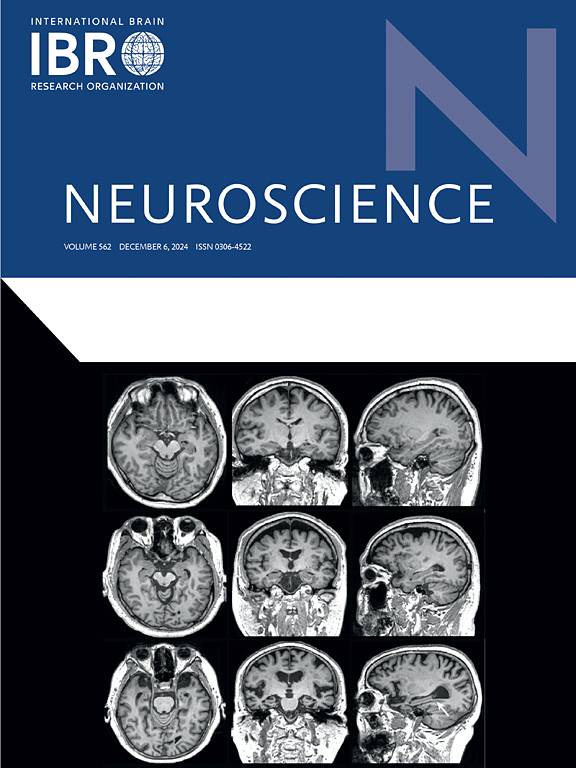非正规和被驱逐的哥伦比亚移民对精神和大脑健康的影响:对政策和做法的影响
IF 2.8
3区 医学
Q2 NEUROSCIENCES
引用次数: 0
摘要
拉丁美洲是全球人口流动性增长最为显著的地区之一。移徙是关键弱势群体健康的结构性决定因素。本研究的目的是研究离境前和被驱逐的哥伦比亚人的心理健康结果与健康的结构性和个人决定因素之间的关系。我们假设暴力经历、移民前的不良经历和较少的社会资本通过代理显着影响感知的心理健康和大脑健康。我们在波哥大进行了一项横断面研究本文章由计算机程序翻译,如有差异,请以英文原文为准。

Impacts to mental and brain health on irregular and deported Colombian Migrants: Implications for policy and practice
Latin America has experienced one of the most pronounced increases in human mobility globally. Migration is a structural determinant of health for key vulnerable populations. The objective of this study was to examine the associations between mental health outcomes with structural and individual determinants of health for pre-departure and deported Colombians. We hypothesized that experiences of violence, adverse experiences before migration and less social capital significantly impact perceived mental health and brain health by proxy. We conducted a cross-sectional study in Bogotá to assess the feasibility of a Migrant Health Observatory. This novel study sampled hidden and hard-to-reach populations. We found socioeconomic status, gender and age as determinants of mental health for pre-departure migrants, which induced their decision to migrate irregularly. Deported individuals face greater vulnerabilities given greater prevalence of adverse childhood experiences, more dependents and greater food insecurity. Our results have important implications for policy and practice, indicating the need for tailored mental health and social support interventions that consider women, children and adolescents, and food insecure people as key populations in need of assistance, and at risk of being exposed to irregular migration-associated risks. Our study also points to key targets for intervention and policies to protect mental and brain health in the region. This study shows how brain health can be affected in the growing migratory context of the Americas. Our approach addresses mental health as a proxy of brain health to describe how migration and individual differences impact pre-departure migrants and deported Colombians.
求助全文
通过发布文献求助,成功后即可免费获取论文全文。
去求助
来源期刊

Neuroscience
医学-神经科学
CiteScore
6.20
自引率
0.00%
发文量
394
审稿时长
52 days
期刊介绍:
Neuroscience publishes papers describing the results of original research on any aspect of the scientific study of the nervous system. Any paper, however short, will be considered for publication provided that it reports significant, new and carefully confirmed findings with full experimental details.
 求助内容:
求助内容: 应助结果提醒方式:
应助结果提醒方式:


